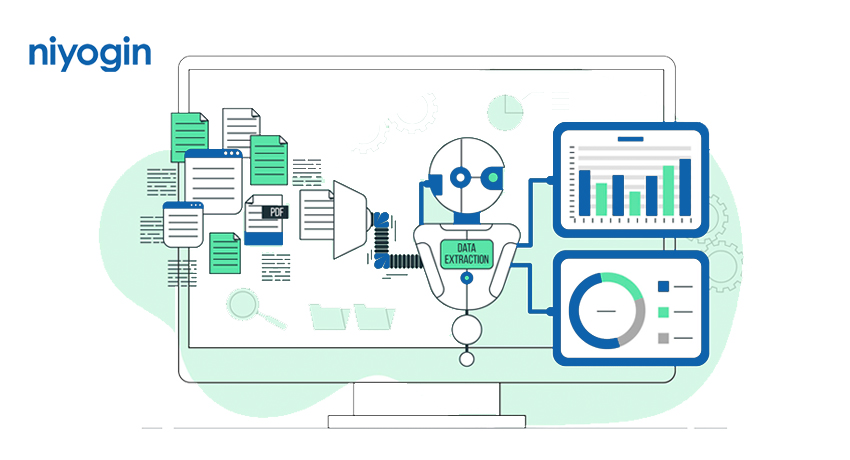Robo-advisors are revolutionizing the rapidly evolving fintech landscape by employing AI and Gen AI algorithms to deliver tailored financial guidance to investors. These automated investment platforms utilize sophisticated algorithms and machine learning techniques to assess risk profiles, analyze data, and craft personalized investment strategies that align with each client’s unique objectives and preferences. Unlike traditional financial advisors, robo-advisors leverage AI algorithms to gather and process data on investors’ goals, risk appetite, and financial circumstances, leveraging this information to propose customized investment portfolios.
Artificial Intelligence Algorithms Driving Personalization
Robo-advisors aid in data aggregation and analysis by collecting information from a variety of sources, such as risk profiles, investment preferences, and financial accounts. Through the processing of this data, AI algorithms can generate customized investment recommendations by gaining insight into the financial situations, goals, and risk appetite of investors. AI systems also help evaluate the risk profiles of investors by looking at variables like age, income, time horizon for investments, and risk appetite.
Robo-advisors have fundamentally transformed wealth management by democratizing access to advanced investment strategies that were once limited to affluent investors. Their automated, algorithm-driven approach has resonated strongly with a broad spectrum of investors, driving a significant rise in adoption rates. This surge is fueled by their ability to offer cost-effective, transparent, and personalized financial advice, appealing particularly to tech-savvy millennials and retirees alike. Robo-advisors leverage data analytics and machine learning to maintain remarkably low error rates, continually refining their algorithms based on market trends and user preferences. This self-learning capability not only optimizes investment outcomes over time but also bolsters investor confidence in navigating dynamic markets, ensuring consistent returns, and solidifying their role in modern wealth management strategies.
Benefits of AI-Powered Robo-Advisors
Robo-advisors excel in managing data related to individual investor preferences, risk appetite, financial goals, and market trends. They gather and analyze data points such as income, age, investment horizon, and desired returns to recommend personalized investment strategies. These strategies typically include a broad range of investments including stocks, bonds, ETFs, and sometimes alternative assets like commodities or real estate investment trusts (REITs). Robo-advisors utilize algorithms to allocate and rebalance portfolios efficiently, aiming to optimize returns while adhering to the client’s risk profile. While they are proficient in data-driven decision-making, robo-advisors complement rather than replace human wealth managers. By handling routine tasks such as portfolio management and asset allocation, they free up wealth managers to focus on more complex financial planning and personalized client interactions. This symbiotic relationship enhances overall service delivery without jeopardizing the role of wealth managers, who continue to provide invaluable expertise and guidance in navigating complex financial landscapes.
The Robo-Advisors market in India is projected to witness significant growth in the coming years. According to the Statista report, it is likely to grow at a projected annual growth rate of 9.21% between 2024-2027. Robo-advisors, like Niyogin’s own subsidiary platform InvestDirect https://www.moneyfront.in/ represent a disruptive force, democratizing access to personalized financial advice through AI algorithms. As AI evolves, they will play a pivotal role in shaping investment management’s future, offering personalized solutions catering to individual investors’ diverse needs and preferences. This competitive landscape will propel India’s economic growth, boost job creation, and position the Indian fintech industry as a strong contender in innovation and entrepreneurship.
